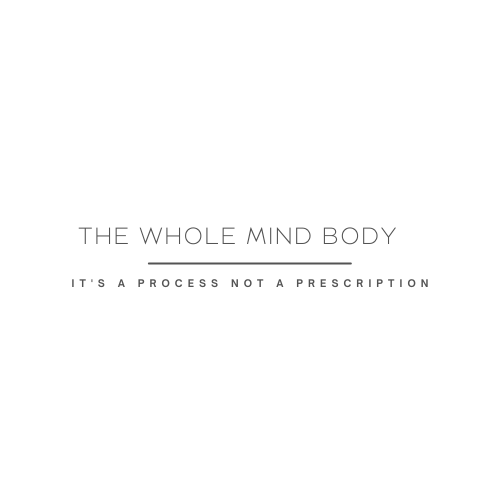Digestion
Ever wonder what happens to food once it leaves your fork?
It’s really quite fascinating. And quite important. Digestion is critical when overcoming autoimmunity or chronic symptoms. The nutrients (or antinutrients) we choose govern every cell, tissue and organ in our body. While the foods you choose are critical, healthy digestion is equally so.
We are only as good as what our bodies can do with what we eat.
The cephalic phase of digestion
Thinking, smelling, seeing… Every one of these steps prepares the digestive tract for what you are about to ingest. For this simple reason, the slow act of actually preparing meals can be equally as important as how and what you eat with regards to proper digestion.
When you begin chopping vegetables and pulling ingredients, the mouth secretes saliva, the stomach secretes acids and enzymes and the muscles in the stomach begin to contract in anticipation of food (stomach growling).
Saliva aids in the digestion of starches and some fats. The food turns into what is called a bolus, then swallowed.
Takeaways:
1) chew your food completely
2) prepare as many meals as you can
3) take a moment for gratitude so the digestive juices build
The Gastric Phase of Digestion
When the bolus meets the stomach, the gastric phase of digestion begins. Receptors in the stomach detect food and release a number of secretions. These secretions breakdown nutrients into small enough particles to be absorbed into the bloodstream.
This is where hydrochloric acid is released.
Many people do not have enough hydrochloric acid (HCl) in their gut making it very difficult to digest food properly. Without sufficient HCl in the stomach, other enzymes won’t be activated upon food consumption.
Insufficient HCl and enzyme release allows food to putrefy in the gut. With that rotting food, pathogens set in as bad bacteria feed on undigested meals. This leads to inflammation and a cascade of other smoldering flames which turn into chronic symptoms and autoimmunity.
Low stomach acid, contrary to what you might think, is also the #1 reason most people have acid reflux.
If all of your acids and enzymes are working properly, the stomach digests the food into a soupy mixture called chyme which then passes into the small intestine where most nutrient absorption takes place.
Takeaways:
1) drink most of your water between meals so you don’t dilute the hydrochloric acid (HCl)
2) add apple cider vinegar to your water or salad dressings to build HCl
3) the #1 cause of low HCl is an H. Pylori infection
The Intestinal Phase of Digestion
Once food reaches the small intestine, the intestinal phase begins. The body slows down the stomach while it deals with the chyme in the intestines.
In the small intestines, chyme is met with secretions from the pancreas, liver and gallbladder. All of these organs aid in digestion but are not part of the digestive tract. The liver produces bile, which is stored in the gall bladder, and when chyme enters the small intestines, both of these organs release bile to emulsify fats.
The pancreas releases enzymes further digesting the starches that started to be broken down in the mouth and aids in the digestion of the fat droplets into fatty acids. Other pancreatic releases break down peptides into amino acids. Starches are broken down into monosaccharides. Your food is finally the size the body recognizes for nutrient absorption.
FUN FACT: There are three parts to the small intestine: duodenum; jejunum; ileum. Most nutrient absorption occurs in the jejunum of the small intestines.
Things that did not get absorbed, waste products, and water enter the large intestines. The primary function of the large intestines is the absorption of water and electrolytes. Some vitamins and minerals are absorbed here as well. The waste turns into poop so all the toxins leave the body while all the water is reabsorbed back into the bloodstream.
Takeaways:
1) you should be pooping 3 times a day. Google the Bristol Stool Chart.
2) if you have had your gall bladder removed, ox bile should be a part of your supplementation protocol.
3) digestive enzymes are usually a good idea.
they have a very different function from HCl mentioned in the second phase.
*You can order both here for 10% off.
Disclaimer: Information on this site is not intended or implied to be a substitute for professional medical advice. Always consult with a healthcare professional before beginning any diet, supplementation or exercise program. Statements and opinions contained on this website and other related sources (blog and social media platforms) are provided as informative and educational tools only. Whole Body Health & Healing cannot and does not guarantee the accuracy or effectiveness of the information to your unique circumstance.


